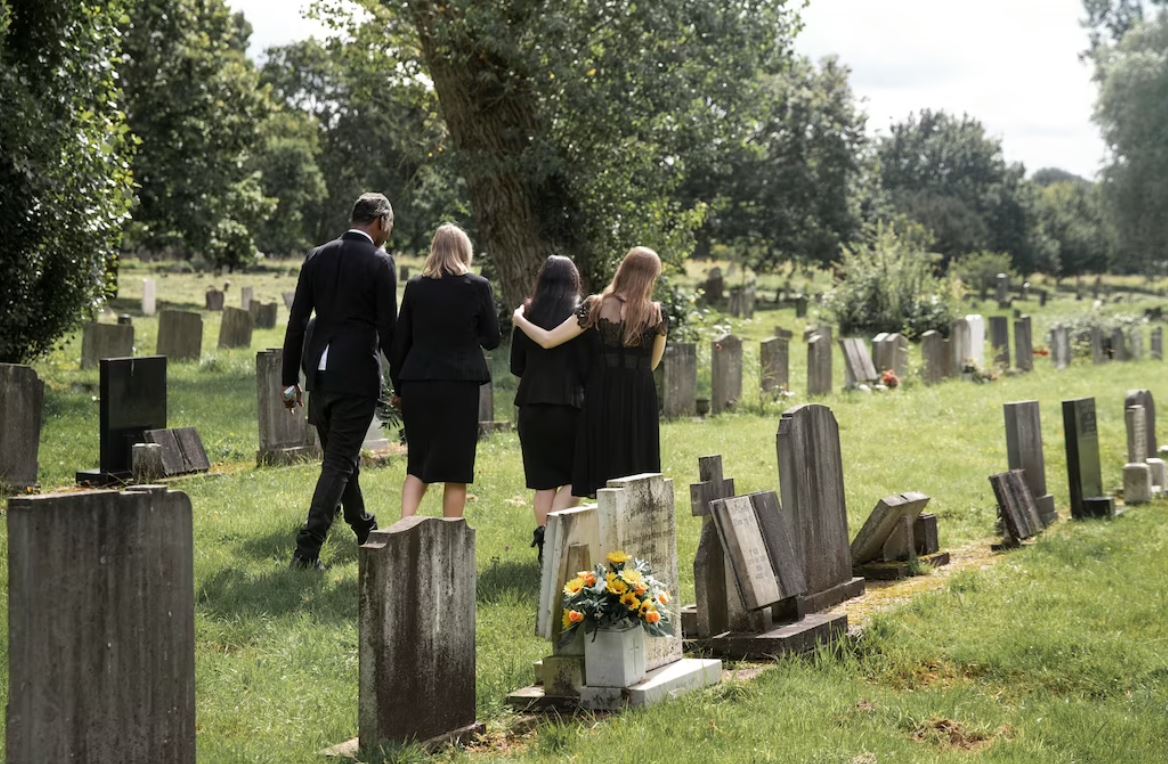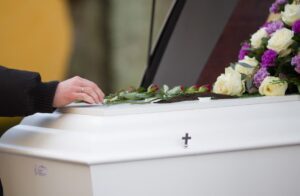Choosing the best method of laying a loved one to rest can be difficult. At funeral homes in Richland, PA, you’re likely to be presented with various options, including cremation and traditional burial. In this article, we’ll explore the pros and cons of each choice, guiding you toward the best decision for you and your family.
Cremation: A Modern and Environmentally Friendly Option
Cremation has gained popularity recently due to its cost-effectiveness and reduced environmental impact. The process involves incinerating the body at high temperatures, leaving behind only cremated remains. These remains can be scattered, buried, or stored in an urn.
Pros of Cremation:
- Cost: Cremation is typically less expensive than traditional burial, as it does not require a casket, burial plot, or headstone. Additional savings can be found in funeral services, as cremation often involves a more straightforward ceremony.
- Flexibility: The cremated remains can be divided among family members, allowing each person to memorialize the deceased. Cremated remains can also be turned into keepsakes, such as jewelry or glass art.
- Environmental impact: Cremation uses fewer resources and leaves a smaller carbon footprint than a traditional burial. The process also eliminates the need for embalming chemicals, which can harm the environment.
Cons of Cremation:
Irreversible: Once cremated, the body cannot be exhumed or viewed again. This finality may be brutal for some families to accept.
Religious beliefs: Some religious traditions do not permit cremation, which may be a factor to consider for those with faith-based solid convictions.
Emotional impact: Some families may struggle with their loved one being reduced to cremated remains, as it can feel less tangible than a gravesite.
Traditional Burial: A Time-Honored Practice
Traditional burial involves placing the body in a casket and interring it in a cemetery plot. This option is often chosen for its adherence to religious or cultural traditions and the ability to create a permanent resting place.
Pros of Traditional Burial:
- Tradition: For many families, traditional burial aligns with their religious, cultural, or personal beliefs. It can provide a sense of continuity and connection to previous generations.
- Visitation: A gravesite provides a tangible location for family and friends to visit and remember the deceased. This can be especially meaningful on anniversaries and other significant dates.
- Preservation: The body is preserved and can be exhumed if necessary, for legal reasons, or to relocate remains.
Cons of Traditional Burial:
- Cost: Traditional burial can be more expensive than cremation due to the cost of the casket, burial plot, and headstone. Additionally, ongoing maintenance fees for the gravesite can add to the overall expense.
- Environmental impact: The resources used in traditional burial, such as embalming chemicals and land for burial plots, can have a negative environmental impact.
- Limited space: As cemeteries fill up, finding available burial plots may become increasingly complex, particularly in urban areas.
Factors to Consider When Making Your Decision
When deciding between cremation and traditional burial, consider the following factors:
- Personal and family preferences: Discuss the options with your family and consider their preferences. Choosing a method that honors the deceased and comforts the family is essential.
- Cultural and religious beliefs: Consider the customs and beliefs of your family’s culture or religion. Some faiths have strict guidelines regarding the handling of remains, so research and understand these requirements.
- Budget: Both cremation and burial can have varying costs depending on the specific services and products chosen. Determine your budget and select an option that best fits your financial constraints.
- Environmental concerns: If the environmental impact is essential to you, cremation may be a more suitable option due to its smaller carbon footprint and elimination of embalming chemicals.
- Legacy: Consider the long-term implications of your choice. A burial plot provides a permanent place for future generations to visit, while cremation allows for more flexibility in memorializing the deceased.

Making an Informed Decision in Richland, PA
Ultimately, the choice between cremation and traditional burial is profoundly personal and depends on your family’s values, beliefs, and preferences. By considering the pros and cons of each option and discussing the matter with your loved ones, you can make an informed decision at funeral homes in Richland, PA, ensuring that your loved one’s final wishes are respected and honored. Remember, there is no right or wrong choice—only the one that best suits your family’s unique needs and circumstances.


